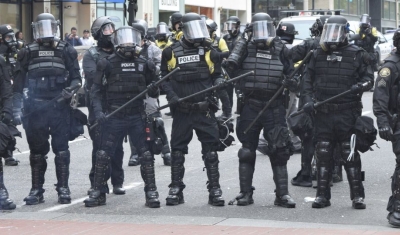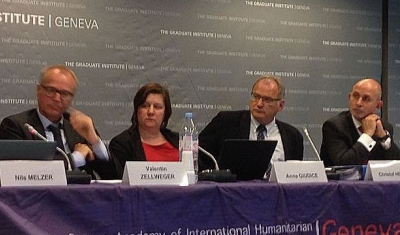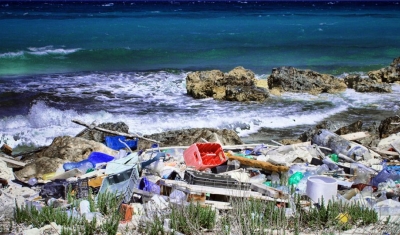Use of force in relation to crowd control and peaceful protest raises several challenges under international human rights law at national, regional and international levels. Existing international standards neither capture the multitude of cases of use of force in crowd control and peaceful protest nor encompass new security devices that are used by law enforcement officers during demonstrations. Similarly, no international forum, in Geneva or elsewhere, addresses this issue.
To date, for instance, while less-lethal weapons (LLWs) are regularly used by law enforcement for the management of assemblies, there is no international guidance on their design, production, procurement, testing, training, transfer, and use.
Objectives
This research project aims at addressing the challenges – legal and law enforcement – encountered during the management of assemblies and at filling the protection gaps by developing new standards and useful tools via regular brainstorming on specific issues among law enforcement professionals, peacekeepers, academics, experts, practitioners from the United Nations and regional systems, diplomats and civil society representatives; an annual meeting, targeted research and publications; support to the negotiations at the UN Human Rights Council; support to the work of the UN Human Rights Committee on its General Comment on article 21 of the International Covenant on Civil and Political Rights; work on specific issues like the use of LLWs.
Advice and Guidance from an Academic Working Group
An Academic Working Group made of leading academics, law enforcement experts and practitioners from different regions and legal backgrounds, and representatives from international organizations and civil society advice the research team and addresses strategic approaches and responses to a specific use of force issues like less lethal weapons, crowd control or the use of new technologies. Its composition varies according to the topics discussed. One example of the work of the AWG is a draft document on LLW.










